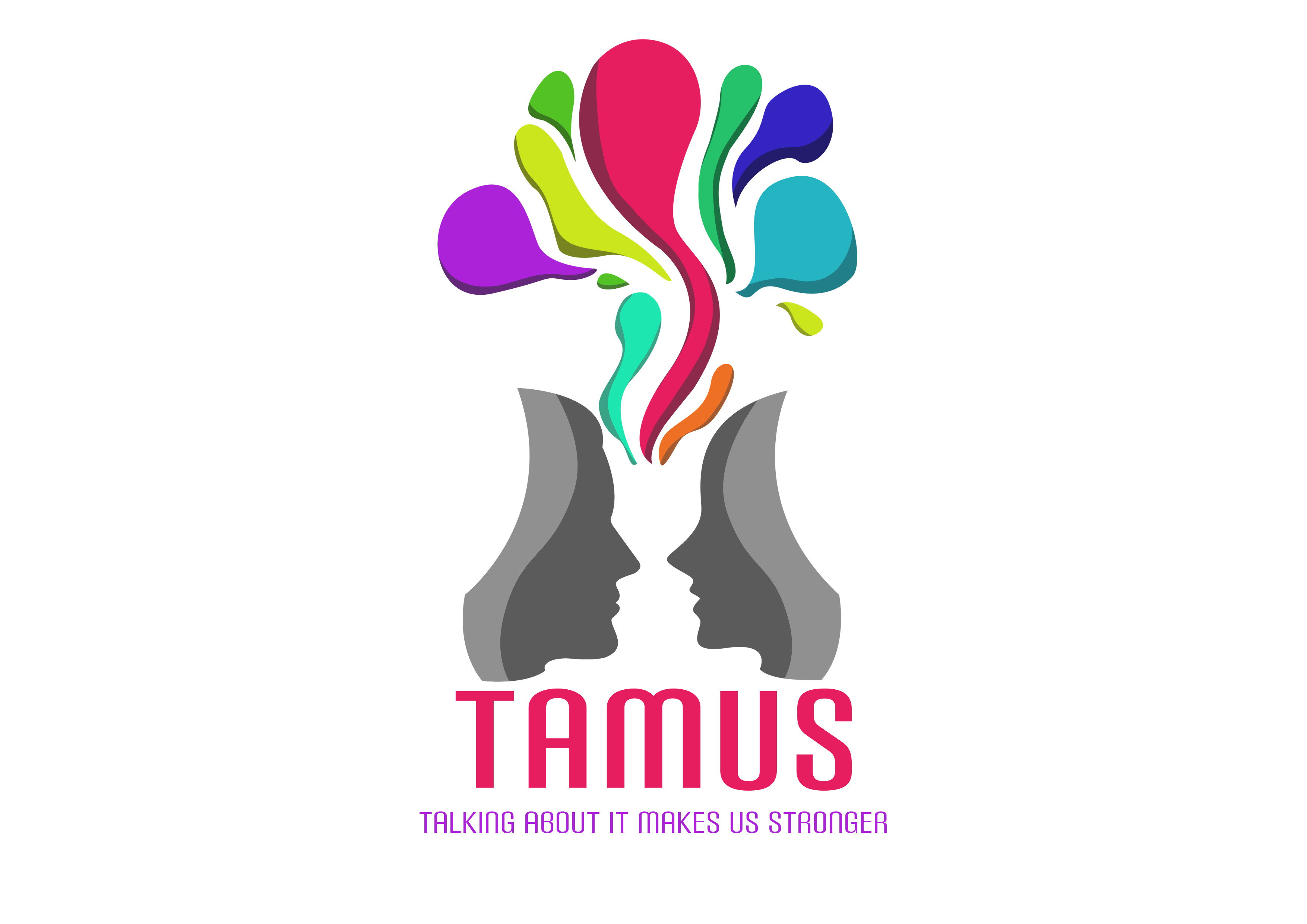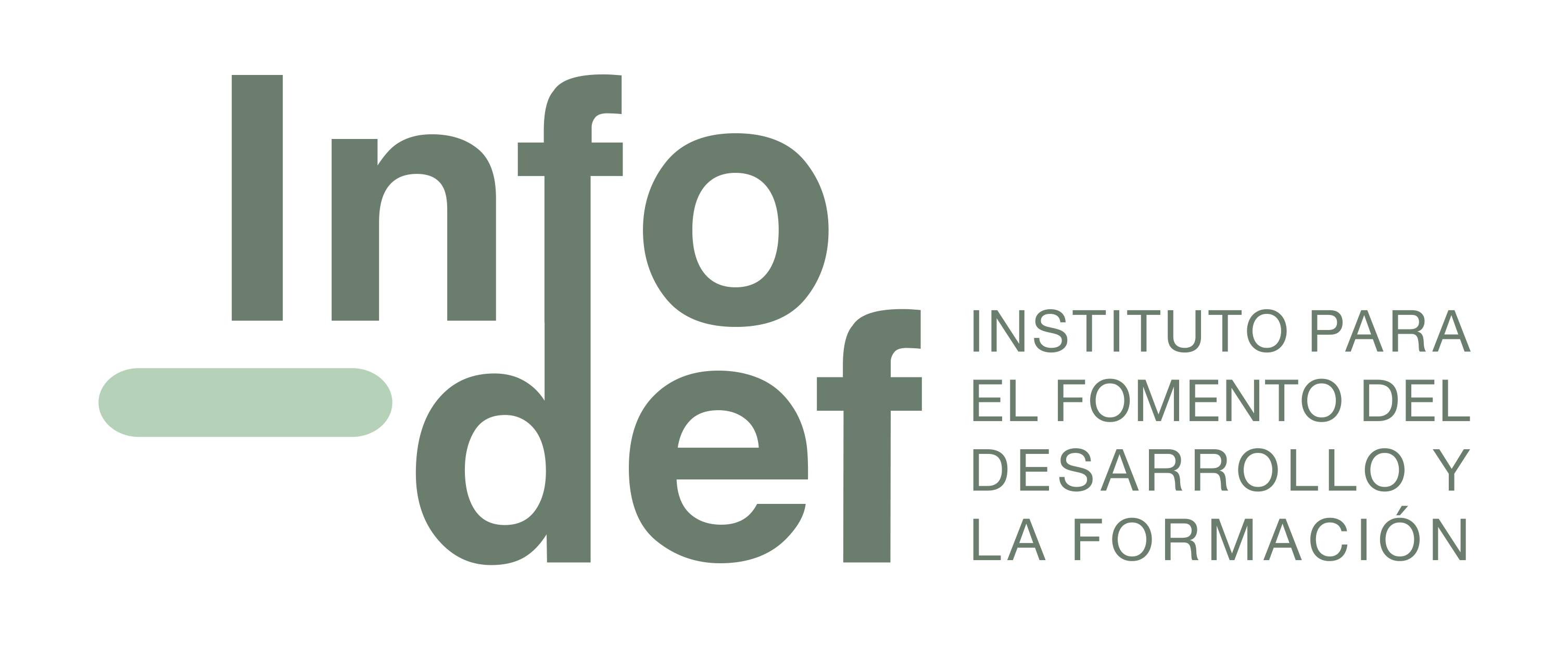Proyectos


TAMUS – Talking About it Makes Us Stronger
EU-Programme: Erasmus+, KA2
Coordination: Le Monde des Possibles (MDP), (Belgium)
Duration: September 2022 – August 2024
Nurturing positive mental health among citizens of all ages should be a priority for all governments, as a measure of societal well-being. However, despite the importance of positive mental health for society; reports from the WHO find that, “neuropsychiatric disorders account for 26% of the burden of disease in the EU; accounting for up to 40% of years lived with disability, with depression as the main cause.” In addition, this report estimates that up to 50% of chronic sick leave from the workplace in Europe is due to depression and anxiety. Worryingly, from all the research conducted to inform this application is that on average 50% of major depressive illnesses in the EU are untreated.
In 2019, the WHO recommended that to tackle mental ill-health across Europe, bespoke person-centered interventions are required. We believe that ‘family learning’ is the vehicle that can provide this ‘person-centered’ intervention on a local level in our communities to address Europe’s spiraling mental health problem, in the wake of the COVID-19 pandemic.
Families are the bedrock of our society. Families provide safety and security for young children, care for the elderly, a springboard to launch your life and a safety net to fall back into if it doesn’t quite work out. Family learning is effective in having a significant and lasting impact on children’s learning, giving them greater confidence and self-belief (NIACE, 2016).
Family learning also brings a sense of solidarity, cohesion and stimulation to adults and children who learn together.
However, research tells us that in families where parents suffer with mental ill-health, children are at a higher risk of developing mental illnesses than other children. While risks can be inherited through their genes, most of this risk comes from an unpredictable and inconsistent family environment that can contribute to the mental ill-health of young people.
When 20% of Europe’s population experience depression, anxiety, and poor mental health, it is consistent to estimate that mental health issues affect a significant proportion of European families. As such, the primary motivation behind the TAMUS project is to address a need to support European families to manage their mental health and empower parents in our communities to promote positive mental health with the youngest and eldest members of their families; helping to promote positive mental health across 3 generations of learners in one training intervention.
Project Nº2022-1-DE02-KA220-ADU-000085693
This project has been funded with support from the European Commission. This publication reflects the views only of the author, and the Commission cannot be held responsible for any use which may be made of the information contained therein.
